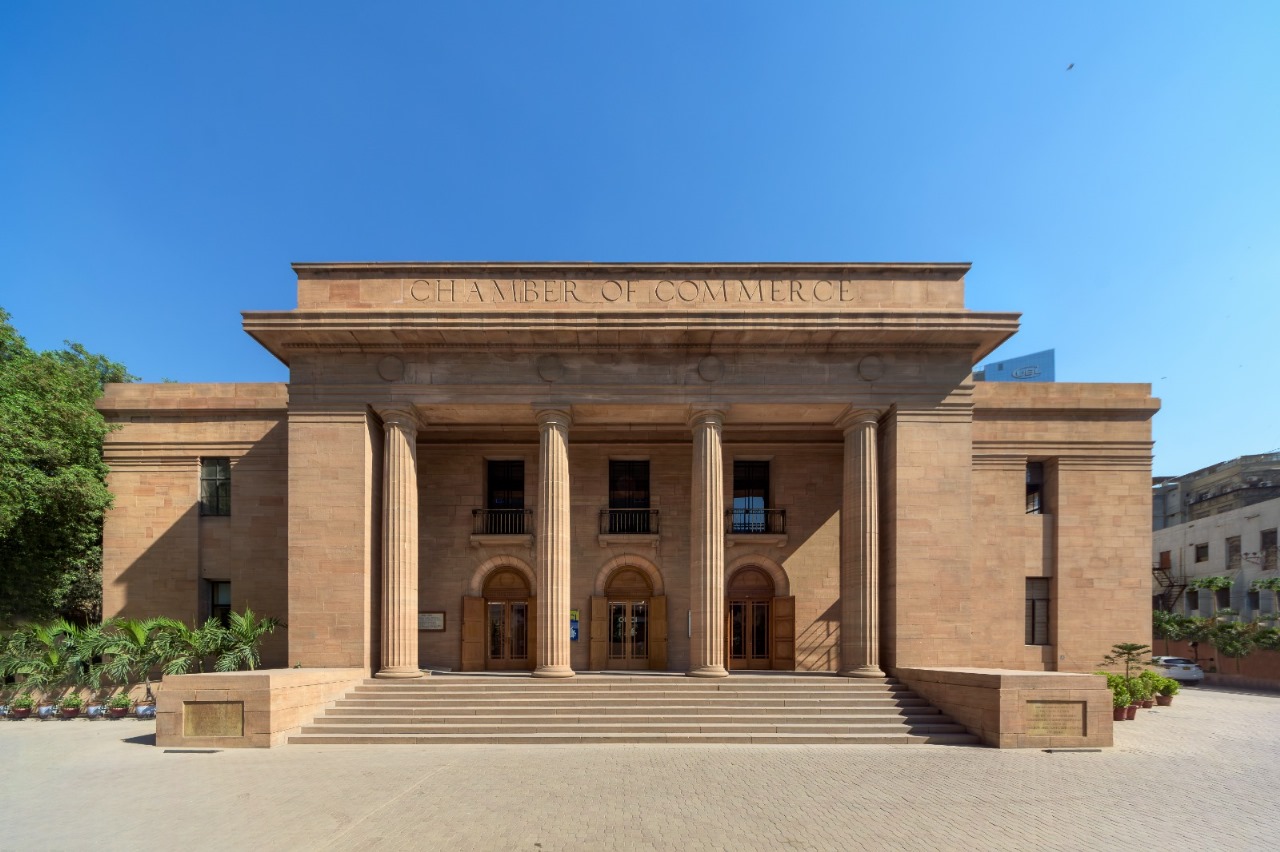Panelists discuss green financing as a catalyst for climate action in Pakistan:
Karachi: The Overseas Investors Chamber of Commerce and Industry (OICCI) underscored the essential role of public-private collaboration in tackling Pakistan’s climate challenges at COP 29.
The OICCI, which is part of the Pakistan delegation at COP 29, organized a dialogue titled “Unlocking Pakistan’s Climate Future with Public-Private Partnerships,” at the Pakistan Pavilion and brought together prominent industry leaders, government officials, and global climate experts to discuss financing strategies that can drive climate resilience and green investments in Pakistan.
OICCI’s participation in COP 29 reflects its dedication to promoting sustainable business practices and supporting policies that encourage climate finance. As Pakistan continues its path toward meeting its climate objectives, OICCI remains committed to mobilizing resources and fostering collaboration to build a climate-resilient future. Through these initiatives, OICCI aims to lay the groundwork for a sustainable, climate-smart Pakistan.
OICCI Secretary General M. Abdul Aleem stressed the private sector’s critical role in bridging Pakistan’s $152 billion climate adaptation gap, noting that “supportive policies and incentives are essential for scaling climate-smart investments.” Andrew Bailey, Managing Director at BASF Pakistan, underlined the importance of resilient financial systems, adding that “OICCI members are advancing Net Zero goals through investments in clean energy, green financing, and climate resilience, turning climate action into a pathway for sustainable growth.”
Rob Cameron, Global Head of ESG Engagement at Nestlé, highlighted Nestlé Pakistan’s role in water regeneration, “Preserving water resources and regeneration is part of Nestlé’s legacy and under the Caring for Water – Pakistan initiative, drip irrigation and smart soil moisture sensors have been operational across 128 acres in Punjab and 183 acres in Sindh and with these efforts, Nestlé is advancing regenerative agriculture across its value chain.”
Veronica Nyhan Jones discussed the critical role of innovative climate finance instruments in advancing climate-smart agriculture and sustainable land-use projects in Pakistan. “Such instruments, such as sustainability linked financing and thematic bonds such as green, blue, or biodiversity finance can provide the financial structure needed to attract private capital, de-risk investments, and accelerate climate resilience in vulnerable regions,” she stated. “However, for their successful adoption, addressing barriers through technical assistance is essential. IFC is the partner of choice for the private sector in the region, providing both thematic finance and advice through programs such as EDGE, Building Resilience Index, and Sustainable Cooling, among others.”
Fiona Duggan, Global Sustainability Climate Lead at Unilever, stressed the need for regulatory reforms and financial incentives to scale circular economy practices discussed how companies must embed climate resilience into their supply chains for broader impact. Thomas Beloe, Director of UNDP’s Sustainable Finance Hub, shared his expertise on mobilizing climate finance. “Results-based blended finance is key to unlock critical private capital to invest in Pakistan’s climate resilience and adaptation. Catalytic collaboration between local public institution and the private sector is essential for the development, and scale, of bankable sustainable project”.
Dr. Fatima Khushnood, Executive Director, Pakistan Environment Trust remarked on the importance of collaboration across industries, stating “As investors, consumers, and governments increasingly prioritize sustainability, businesses must adapt.”

